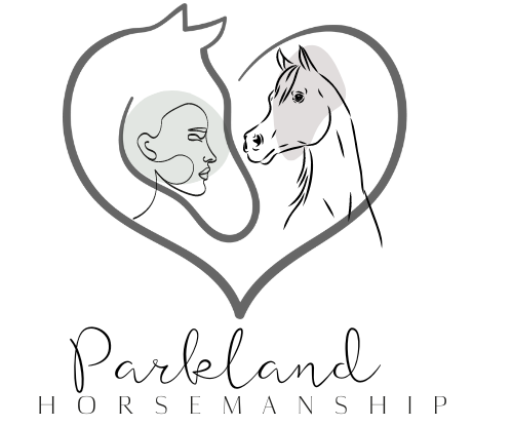Equine-assisted learning sessions offer life skills training using nonverbal communication with horses, including emotional regulation skills, empathy, compassion, teamwork and leadership.
Our programs are led by both mental health professionals and equine specialists to ensure both client safety and horse welfare. A therapist/educator/horse specialist will also be on-hand to encourage positive growth and offer guidance.
Self-awareness
Equine Assisted Learning (EAL) utilizes non-riding horses to teach skills to enhance self-awareness, communication and leadership abilities.
EAL offers a safe learning environment in its multi-sensory barn “classroom”, where students learn and grow through curriculum tailored specifically for them. EAL caters to children, teens and adults of all ages, improving core communication, self-awareness, stress management, emotional regulation and resilience as well as increasing confidence and leadership abilities – with horses acting as mirrors reflecting back the client’s emotions and behaviors.
Empathy
Many clients can feel vulnerable when discussing emotional challenges and past trauma, so horses provide an ideal platform for trust building and creating an environment of safety and comfort for clients to open up about these topics.
Kindle Hill Foundation now offers Equine-Assisted Learning (EAL) as part of our Master of Counseling program to teach students how to facilitate these sessions. Not meant for riding work but goal oriented ground activities with horses, EAL typically involves both mental health professionals and an equine specialist being present during each session.
Communication
Equine Assisted Learning allows participants to explore self-awareness, empathy and communication skills in a safe and accepting environment, then apply their lessons directly to life situations for positive results and enhanced relationships.
Outcome surveys indicate that students participating in this course reported enhanced coping abilities, greater ability to work within teams, improved mindfulness and resilience skills as well as enhanced equine handling skills. One student experienced forgiveness through an exercise facilitated by horses – this momentous experience marked her life journey forever.
Self-regulation
EAL offers an unprecedented way of exploring yourself through watching and working with horses. Horses respond sensitively to our energy, making them ideal teachers of self-regulation.
Participants will be led through lessons by a trained facilitator who makes regular check-ins with each student, teaching them to take responsibility for their actions while cultivating teamwork skills that translate well to both work environments and everyday life.
Self-confidence
EAL sessions enable participants to develop the ability to read a horse’s body language and nonverbal communication in order to build self-confidence within themselves and in their surrounding world.
EAL should not be confused with traditional horse therapy which utilizes horses to heal specific conditions such as PTSD and depression. Instead, EAL offers an integrative biopsychosocialspiritual approach utilizing non-riding activities with horses as an avenue to learning and growth for people.
Decision-making
Equine-Assisted Learning sessions foster teamwork and collaboration among participants. Team members learn to trust one another while working collaboratively towards common goals in an atmosphere distinct from traditional classroom approaches.
Equine Assisted Learning (EAL) is an approach to education that promotes life skills development for educational, professional and personal goals. At group EAL retreats, educators and equine specialists collaborate in order to best achieve these learning objectives using horse-related activities – these sessions do not include riding horses.
Teamwork
Working with horses provides people of all ages an invaluable way to develop teamwork skills. By learning body language and social cues and building trust between team members, working with horses helps people discover a new appreciation for collaboration and self-discipline.
Studies of EAL with at-risk youth demonstrate significant increases in both their horse knowledge and emotional safety, such as personal security and belonging. This success can be attributed to programs centered around horsemanship; lessons are conducted either using a halter and lead rope on the ground, or at liberty (where no riding takes place). No horses are involved.
Leadership
As leaders, it is vital to possess strong communication skills. Since 90% of communication occurs nonverbally, horses provide excellent opportunities for improving these essential abilities.
Leadership Equine Assisted Development is an immersive approach to leadership and team building that partners people with horses to teach vital leadership and collaboration skills that transform individuals’ abilities to lead and work together efficiently.
Horses offer humans a safe, trusting environment while simultaneously providing instantaneous feedback that’s immediate and nonjudgmental – that’s why this type of program includes herd dynamics elements.

